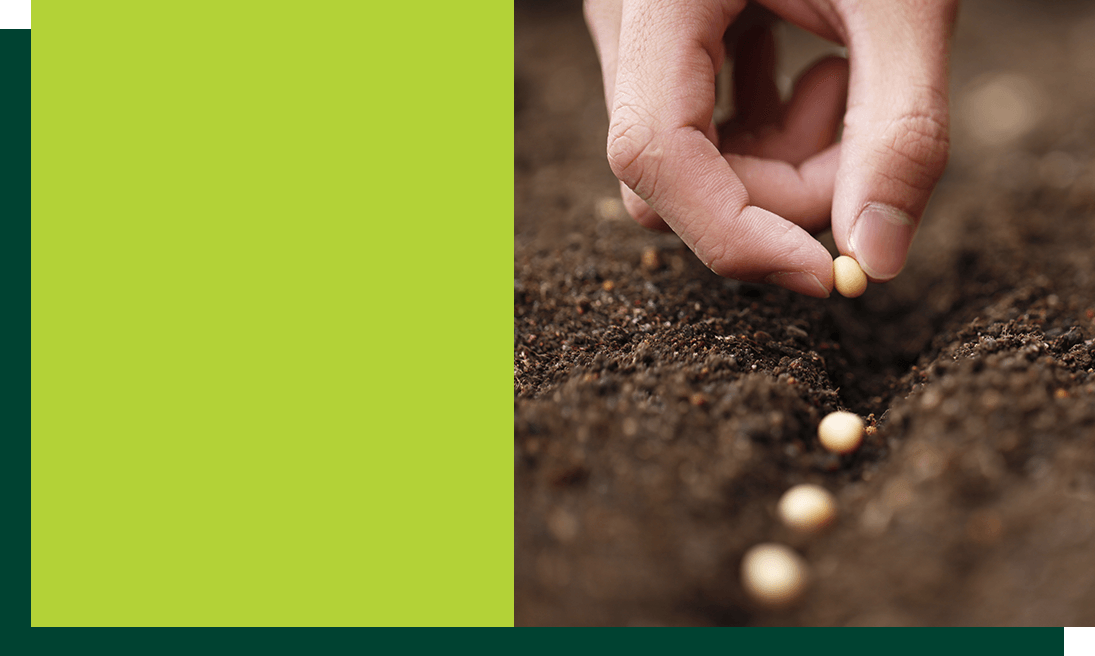Did you know that nearly one-third of all food produced in the world is discarded or wasted for various reasons, which nearly equates to 1.3 billion tons every year? Most discarded food is sent to landfills, where it rots and produces methane gas, which is the second most common greenhouse gas.
Steps to reduce food wastage

Shop Smartly and store food properly
About 6%-8% of all human-caused greenhouse gas emissions could be reduced if we shop smartly and store food properly.
So, buy what you eat, and eat what you buy. Store your perishable food properly and prepare a weekly grocery list. It avoids food wastage that accumulates in landfills, a potent threat to our health and environment.

Save the seed
Saving the seeds help preserve food culture. This can be accomplished by gathering, cleaning, draining, drying, and storing your seeds in air-tight containers. Germinate them in the right season and let the plant go the full cycle!

Set up a compost
Food loss and waste generate an estimated 8-10 percent of global greenhouse gas emissions. Composting helps to reduce greenhouse gas emissions that affect climate change.
Begin by setting up a compost bin in your kitchen or community. Composting food waste scraps can help improve soils, grow more crops, and improve water quality.

